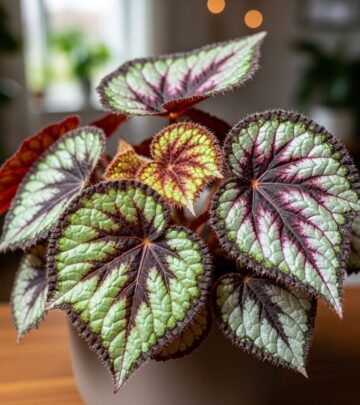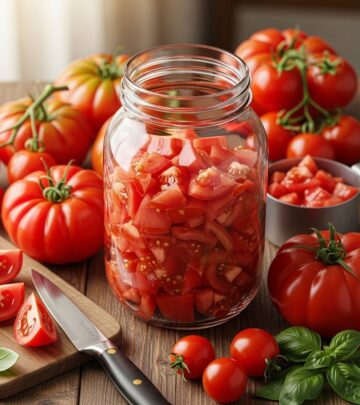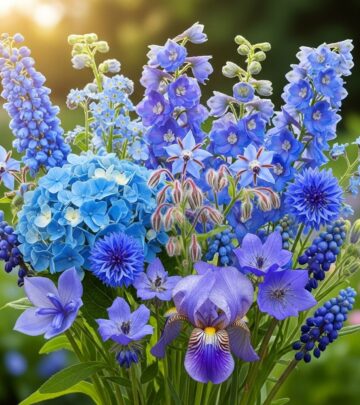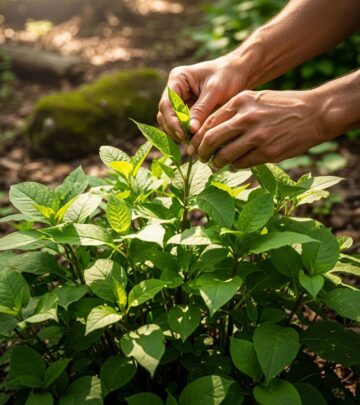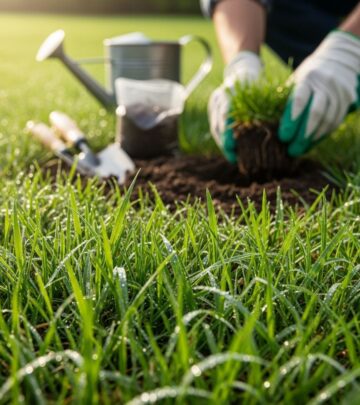Evergreen Trees For Shade: 17 Easy-Care Picks For Lush Yards
Discover 17 evergreen tree varieties that thrive in shady gardens, offering beauty, privacy, and year-round greenery with minimal care.
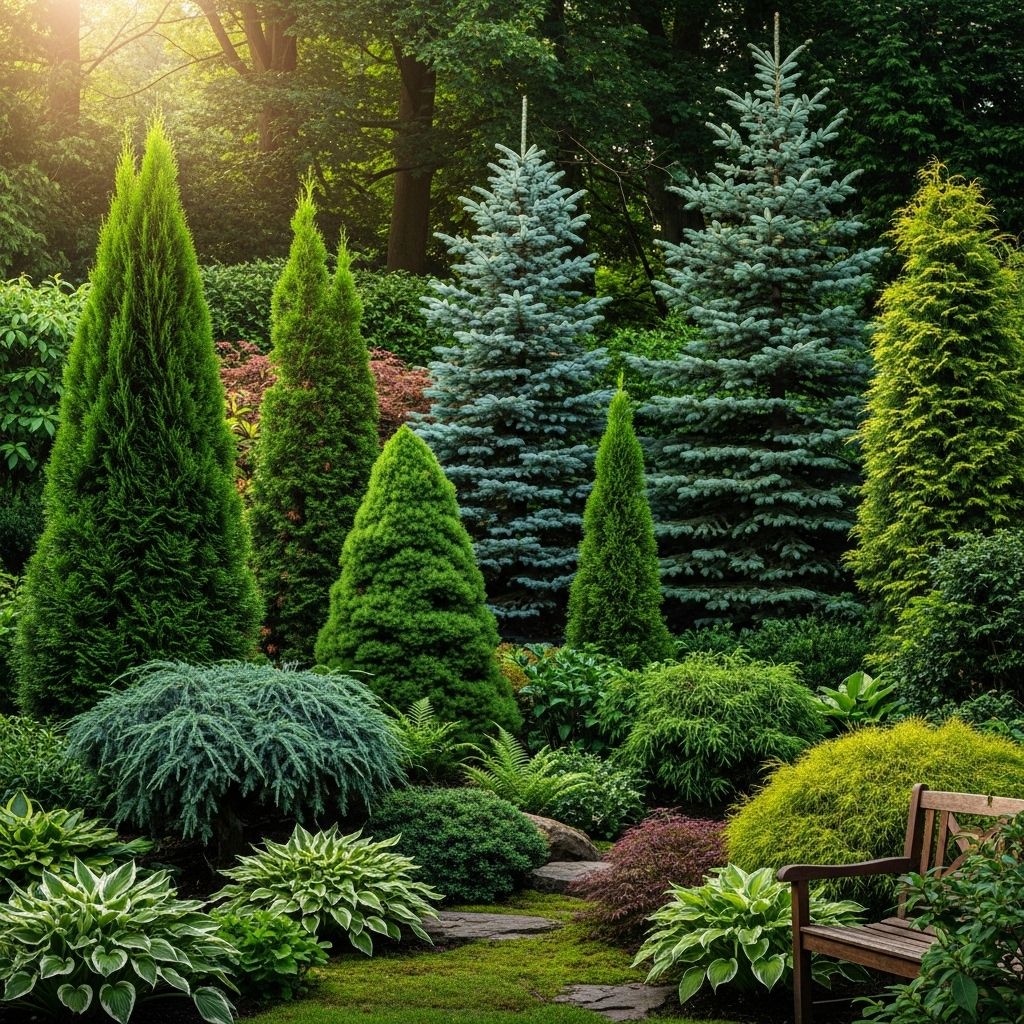
Image: HearthJunction Design Team
17 Low-Maintenance Evergreen Trees for Shade
If your garden is shaded and you crave year-round greenery, planting the right evergreen trees can transform your landscape into a lush, low-maintenance haven. Whether you need privacy, shelter for wildlife, or a vibrant backdrop, evergreens are a reliable choice—especially for those shady nooks where other trees may struggle. In this comprehensive guide, discover 17 of the best evergreen trees that thrive in shade, along with their care tips and highlights.
What Are Evergreen Trees?
Evergreen trees are those that retain their foliage throughout the year, in contrast to deciduous trees, which shed their leaves in autumn. Most evergreens are coniferous, bearing needles or scale-like leaves, but some broadleaf evergreens exist as well. In shaded gardens, evergreens are prized for:
- Year-round color and privacy
- Providing habitat for birds and pollinators
- Soil stabilization and erosion control
- Low maintenance once established
Benefits of Growing Evergreen Trees for Shade
- Consistent Privacy: Thick foliage blocks unsightly views all year long.
- Wildlife Shelter: Dense branches offer protection for birds, owls, and beneficial insects.
- Less Yardwork: No seasonal leaf drop to clean up, and most require little pruning.
- Aesthetic Appeal: Textured foliage and a variety of form options add visual interest in every season.
17 Shade-Loving Evergreen Trees
This curated list features evergreens that thrive in full to partial shade, with low-maintenance requirements and a variety of heights and shapes. For each tree, you’ll find the key growing information and distinctive features.
1. Hemlock (Tsuga)
| Botanical Name | Tsuga |
|---|---|
| Origin | North America, Europe |
| Sun Requirements | Full to partial shade |
| Height | 50–200 feet |
| Hardiness Zones | 3–8 |
Hemlocks are among the best evergreens for shaded gardens and woodland settings. These ancient trees grow slowly in low light, living for hundreds of years, and support diverse wildlife. Their graceful, drooping branches provide a soft, textured appearance and excellent wind protection. Hemlocks prefer moist, well-drained soils and are valued for their historical significance, especially the tannin-rich bark once used in leather tanning.
2. Japanese Yew (Taxus cuspidata)
| Botanical Name | Taxus cuspidata |
|---|---|
| Origin | Korea, China, Russia, Japan |
| Sun Requirements | Full sun to partial shade |
| Height | 20–50 feet |
| Hardiness Zones | 4–7 |
The Japanese yew is a versatile evergreen tolerant of both shade and sun. Its dark green, soft needles and bright red berries (on female plants) add garden interest. Excellent as a hedge, foundation planting, or standalone specimen, yews adapt well to urban environments but require moisture, fertile soil, and protection from strong winds. In deeper shade, expect a more open growth habit and plan to prune for desired shape.
3. Emerald Green Arborvitae (Thuja occidentalis ‘Smaragd’)
| Botanical Name | Thuja occidentalis ‘Smaragd’ |
|---|---|
| Origin | North America |
| Sun Requirements | Full sun to partial shade |
| Height | 12–15 feet |
| Hardiness Zones | 2–7 |
Among the most popular privacy screen evergreens, ‘Emerald Green’ arborvitae grows best in full sun but tolerates partial shade. It forms a tidy, columnar hedge with soft, green foliage and requires minimal pruning. Water young plants frequently, but once established, they need just about an inch of water per week. Ideal for tight spaces and foundation plantings.
More Top Evergreen Trees for Shade
- American Holly (Ilex opaca): Classic broadleaf evergreen with spiny leaves and red berries; thrives in dappled shade.
- Southern Magnolia (Magnolia grandiflora): Glossy, dark green leaves and creamy flowers in part-shade southern gardens.
- Norway Spruce (Picea abies): Fast-growing and tolerant of partial shade; provides dense privacy and wind protection.
- Shamel Ash (Fraxinus uhdei): An option for warmer regions offering quick canopy growth and dense shade.
- Eastern Redcedar (Juniperus virginiana): Aromatic, drought-tolerant conifer that handles partial shade well.
- Canadian Hemlock (Tsuga canadensis): Similar to common hemlock, gentle in appearance and tolerant of deep shade.
- Umbrella Pine (Pinus pinea): Known for its umbrella-like canopy, providing unique structure and shade.
- Bay Laurel (Laurus nobilis): A fragrant broadleaf evergreen, adaptable to part shade in milder climates.
- Italian Cypress (Cupressus sempervirens): Grows tall and slender, suitable for partial shade and dramatic vertical accents.
- Camellia Tree (Camellia japonica): Offers glossy evergreen foliage with winter/spring blooms, thriving in dappled shade.
- Japanese Cedar (Cryptomeria japonica): Graceful conifer for partially shaded woodland gardens.
- Podocarpus (Podocarpus macrophyllus): A slow-growing, shade-tolerant conifer often pruned into hedges or small trees.
- Yew Pine (Podocarpus gracilior): Not a true pine, but this evergreen tree tolerates shade and makes a handsome privacy screen.
- Ligustrum (Ligustrum japonicum): A broadleaf evergreen frequently used as a screening tree in shadier spots.
Caring for Evergreen Trees in Shade
While evergreens are generally low-maintenance, caring for shade-grown varieties involves some strategic practices:
- Soil Preparation: Most evergreens prefer well-drained, fertile soils. Amend with organic matter if your soil is heavy or sandy.
- Watering: Keep young trees moist until established. Once mature, many shade evergreens are drought-tolerant but benefit from deep, infrequent watering during dry spells.
- Pruning: Regularly remove dead or diseased branches. In deeper shade, some evergreens may become leggy and appreciate light shaping.
- Mulching: Apply a 2–4 inch layer of mulch around the base, but keep it away from the trunk to prevent rot. Mulch conserves moisture and regulates soil temperature.
- Fertilization: Use a balanced evergreen fertilizer if growth slows or foliage looks pale—usually in early spring.
- Protection: Shelter young trees from harsh winds which can dry out needles, especially in winter.
How to Choose the Right Evergreen Tree For Your Shade Garden
When selecting an evergreen for a shady area, consider these factors:
- Hardiness Zone: Match the tree’s cold tolerance to your local climate.
- Sun Tolerance: Some evergreens tolerate deep shade, others prefer partial sunlight. Check the recommended light requirements.
- Size: Choose a variety that fits your available space at maturity; consider both height and spread.
- Growth Rate: Fast-growing trees provide quicker shade, but slow growers often have better longevity and structure.
- Wildlife Value: Opt for trees that support local birds and pollinators for added garden benefits.
- Soil & Moisture Needs: Ensure the species fits your garden’s soil type and typical moisture levels.
Comparing Shade-Loving Evergreen Trees
| Tree | Height (ft) | Best for | Hardiness Zones | Shade Tolerance |
|---|---|---|---|---|
| Hemlock | 50–200 | Woodland, wildlife habitat | 3–8 | Full to partial shade |
| Japanese Yew | 20–50 | Hedges, foundation plantings | 4–7 | Partial to deep shade |
| Emerald Green Arborvitae | 12–15 | Privacy screens | 2–7 | Partial shade |
| Southern Magnolia | 60–80 | Showy flowers, shade | 6–10 | Partial shade |
| Norway Spruce | 40–60 | Windbreaks, privacy | 3–7 | Partial shade |
Frequently Asked Questions (FAQs)
Q: What is the best evergreen tree for deep shade?
A: Hemlock (Tsuga) and Japanese Yew (Taxus cuspidata) are among the best choices for deep shade, thriving with minimal sunlight and maintaining dense, attractive foliage.
Q: How often should I water evergreen trees planted in shade?
A: Newly planted trees should be watered every day or two until established. Mature trees need about an inch of water per week, though those in dense shade may need less frequent irrigation as soil evaporation is slower.
Q: Which evergreens are fastest growing for quick shade?
A: Norway Spruce, Shamel Ash, and Southern Magnolia are fast growers that provide abundant shade relatively quickly, while Hemlocks and Yews tend to be slower but long-lived.
Q: Are there broadleaf evergreen trees for shade?
A: Yes, options like American Holly, Southern Magnolia, Bay Laurel, and Camellia trees are broadleaf evergreens that thrive in partial to full shade conditions, adding unique foliage and occasional flowers.
Q: What are some low-maintenance evergreen trees for privacy in shade?
A: Emerald Green Arborvitae, Canadian Hemlock, and Japanese Yew are excellent choices for low-maintenance privacy in partially shaded spaces.
Conclusion
Evergreen trees are invaluable for shady gardens, offering structure, privacy, and beauty throughout the seasons. By selecting site-appropriate species, you can enjoy a landscape that’s lush, inviting, and surprisingly easy to maintain year after year. Consider the microclimate, soil, and design goals of your outdoor space to choose the evergreen trees best suited for your oasis of shade.
References
- https://www.epicgardening.com/evergreen-trees-shade/
- https://shop.epicgardening.com/products/emerald-green-arborvitae
- https://shop.epicgardening.com/collections/partial-shade
- https://www.epicgardening.com/how-to-plant-grow-and-care-for-emerald-green-arborvitae/
- https://www.marthastewart.com/fast-growing-evergreen-trees-for-shade-11702702
Read full bio of Anjali Sayee







